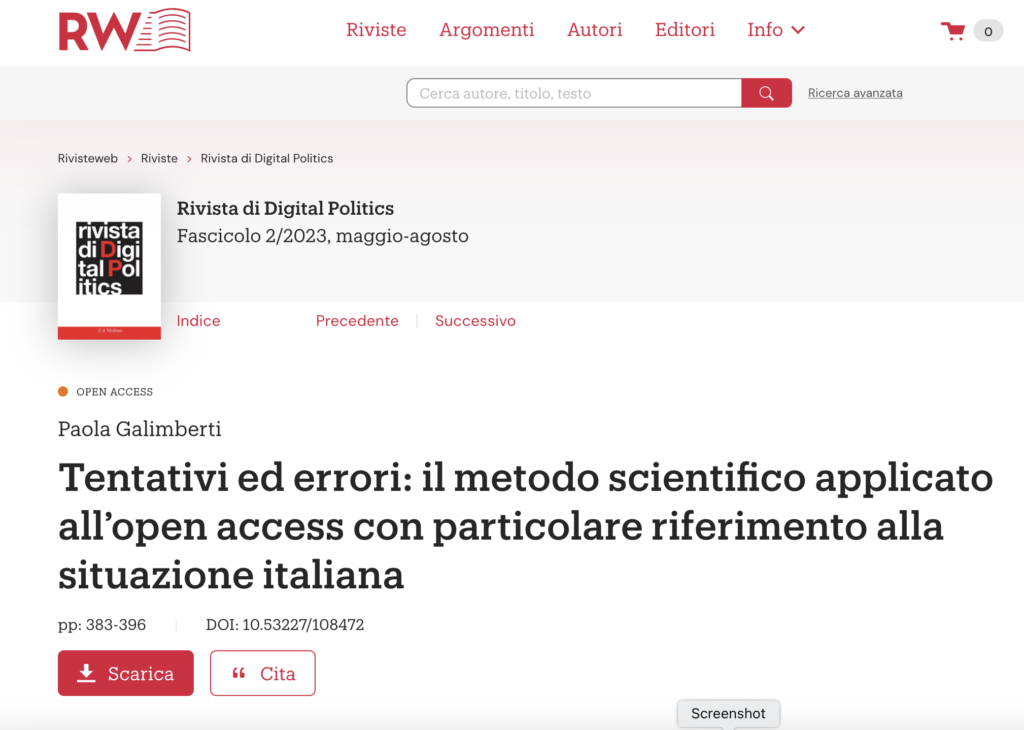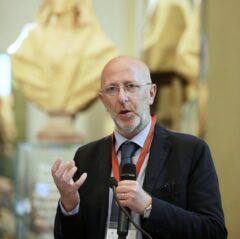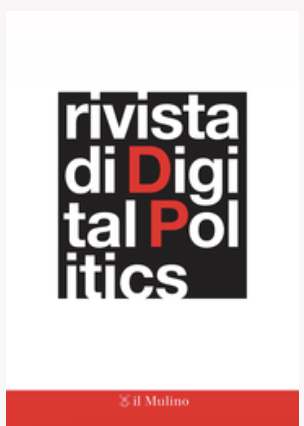Paola Galimberti

Paola Galimberti, Tentativi ed errori: il metodo scientifico applicato all’open access con particolare riferimento alla situazione italiana, Rivista di Digital Politics, 2/2023
Abstract
“In the past two decades, scientific communication has witnessed numerous developments and shifts. Despite the initial promise of the internet for democratizing knowledge, this ideal did not materialize. Similarly, open access, which seemed like an opportunity not to be missed, has not been fully embraced by researchers, and establishing clear rules for accessing publicly funded works has proven challenging.Scientific journals, in fact, the main communication channel for many disciplines, are firmly in the hands of commercial publishers who over time have managed (at veryhigh costs) the dual function of research validation and its dissemination, necessarily orienting it primarily according to profit criteria. For some time now, from various stakeholders (starting with research funding bodies), there has been an effort to push towards the development of public infrastructures managed by disciplinary and interdisciplinary communities that separately address the issue of validation (through open peer review platforms) and that of dissemination (through pre-print platforms), somehow freeing scientific research from its traditional gatekeepers.The purpose of this contribution is to describe the progress made so far in the pursuit of fully sharing the validation, evaluation, and dissemination processes in research. Twenty years after the widespread adoption of open access policies, there have been numerous attempts, mistakes, and policy adjustments. This iterative process, including policy enactment, promotion, monitoring, assessment of effects, and necessary corrections, is how progress is made everywhere (except, perhaps, in our country). A specific paragraph will be dedicated to the Italian situation, which is causing concern due to its complete isolation from what is happening in the rest of the world. This process of trial and error, the search for new paths towards transparency and the sharing of scientific research processes, followed by reconsiderations and realignments, seems to have found no resonance in our country. Where measures have been adopted, they have often been taken when the rest of the world was already moving away from them, with a chronic delay that has rarely taken into account the experiences (even highly criticized ones) and critical evaluations made in other countries.This contribution is based on the principles of accessibility, transparency, and, in many cases, reproducibility, which are now essential for ensuring the credibility of science and gaining the trust of those who finance it. The author acknowledges that what will be described is not a final destination but one of the many stages in the trial-and-error process inherent in scientific research”In the past two decades, scientific communication has witnessed numerous developments and shifts. Despite the initial promise of the internet for democratizing knowledge, this ideal did not materialize. Similarly, open access, which seemed like an opportunity not to be missed, has not been fully embraced by researchers, and establishing clear rules for accessing publicly funded works has proven challenging.Scientific journals, in fact, the main communication channel for many disciplines, are firmly in the hands of commercial publishers who over time have managed (at veryhigh costs) the dual function of research validation and its dissemination, necessarily orienting it primarily according to profit criteria. For some time now, from various stakeholders (starting with research funding bodies), there has been an effort to push towards the development of public infrastructures managed by disciplinary and interdisciplinary communities that separately address the issue of validation (through open peer review platforms) and that of dissemination (through pre-print platforms), somehow freeing scientific research from its traditional gatekeepers.The purpose of this contribution is to describe the progress made so far in the pursuit of fully sharing the validation, evaluation, and dissemination processes in research. Twenty years after the widespread adoption of open access policies, there have been numerous attempts, mistakes, and policy adjustments. This iterative process, including policy enactment, promotion, monitoring, assessment of effects, and necessary corrections, is how progress is made everywhere (except, perhaps, in our country). A specific paragraph will be dedicated to the Italian situation, which is causing concern due to its complete isolation from what is happening in the rest of the world. This process of trial and error, the search for new paths towards transparency and the sharing of scientific research processes, followed by reconsiderations and realignments, seems to have found no resonance in our country. Where measures have been adopted, they have often been taken when the rest of the world was already moving away from them, with a chronic delay that has rarely taken into account the experiences (even highly criticized ones) and critical evaluations made in other countries.This contribution is based on the principles of accessibility, transparency, and, in many cases, reproducibility, which are now essential for ensuring the credibility of science and gaining the trust of those who finance it. The author acknowledges that what will be described is not a final destination but one of the many stages in the trial-and-error process inherent in scientific research.”

